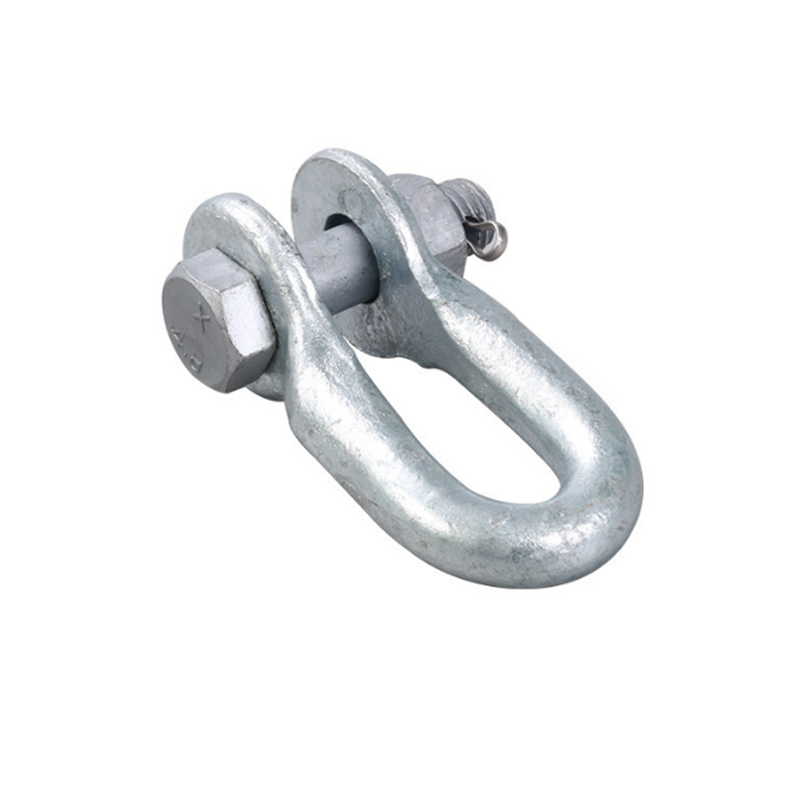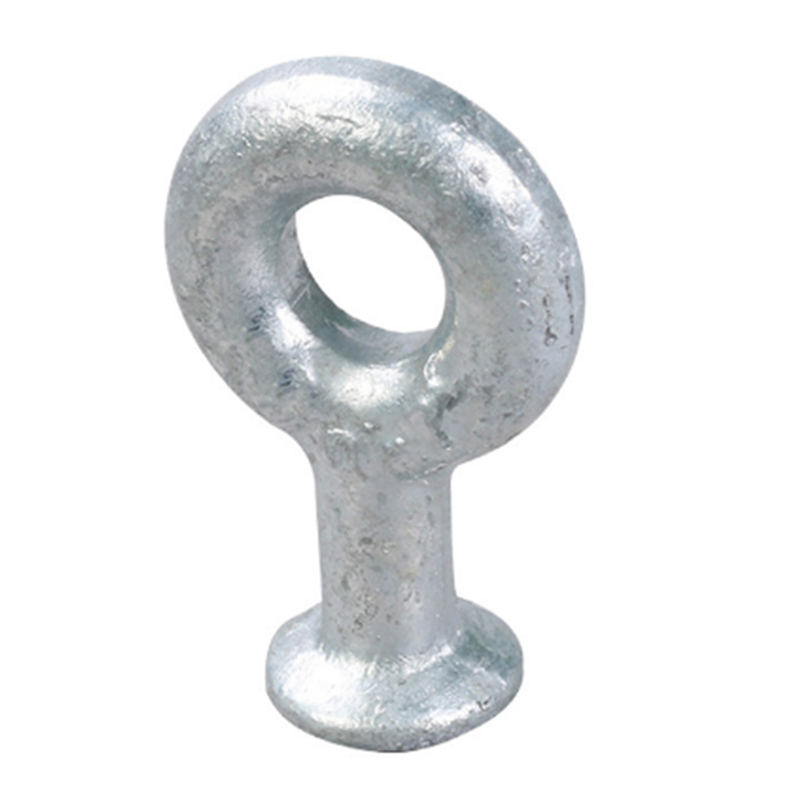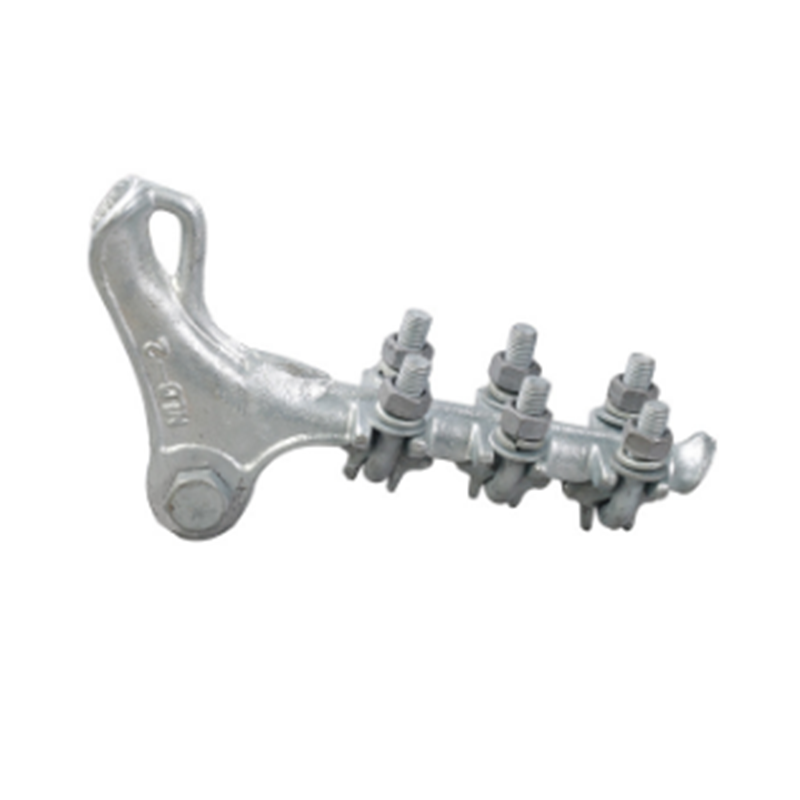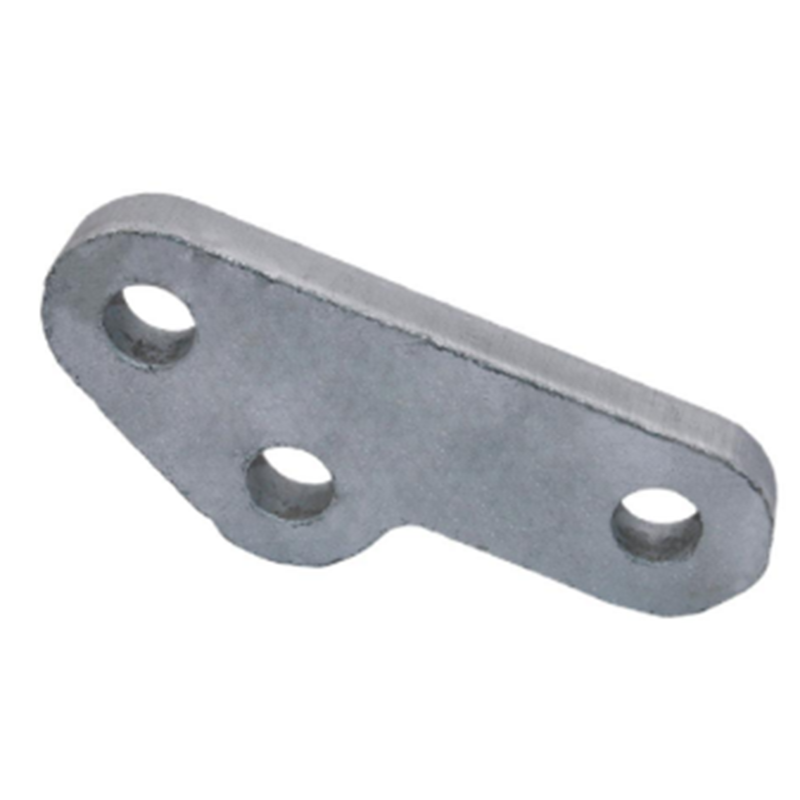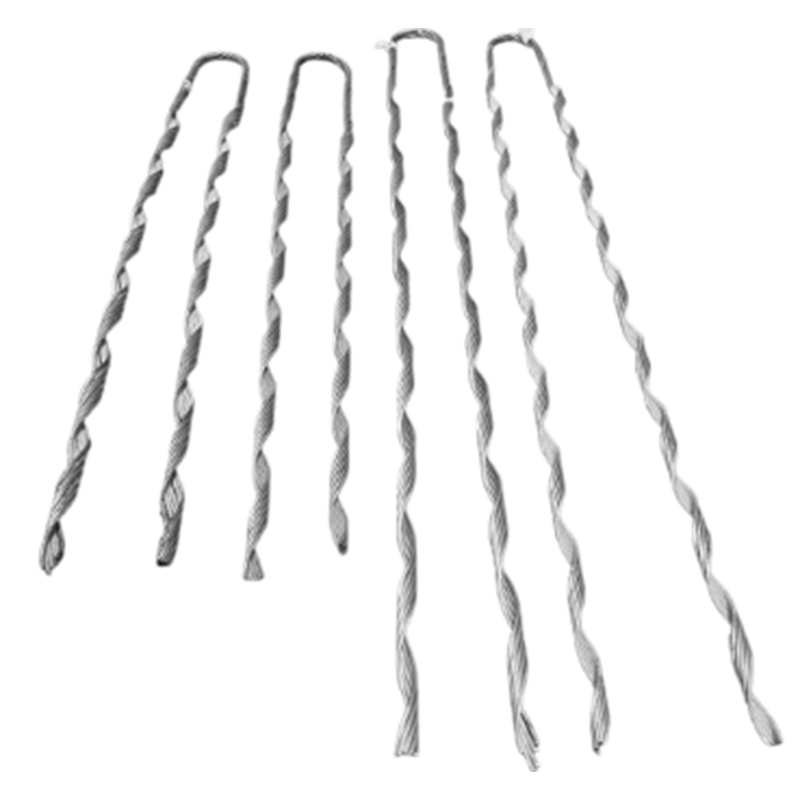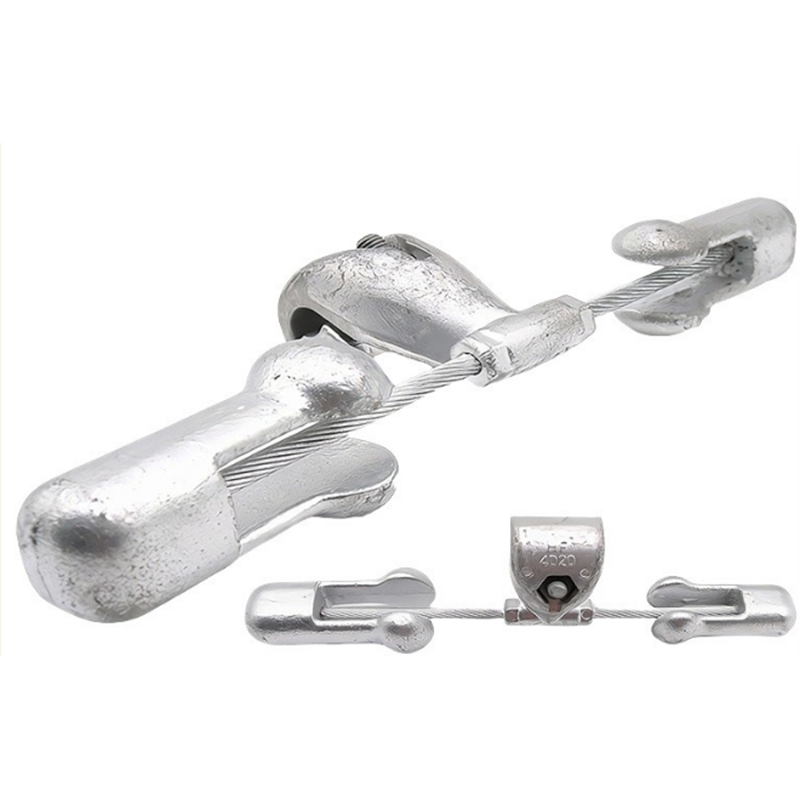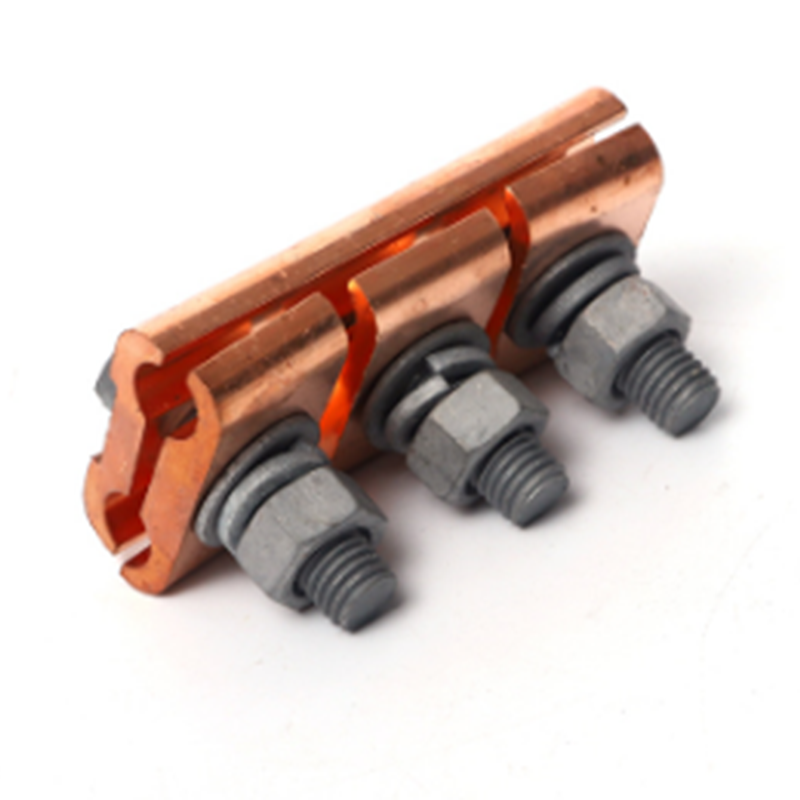- Chinese
- French
- German
- Portuguese
- Spanish
- Russian
- Japanese
- Korean
- Arabic
- Irish
- Greek
- Turkish
- Italian
- Danish
- Romanian
- Indonesian
- Czech
- Afrikaans
- Swedish
- Polish
- Basque
- Catalan
- Esperanto
- Hindi
- Lao
- Albanian
- Amharic
- Armenian
- Azerbaijani
- Belarusian
- Bengali
- Bosnian
- Bulgarian
- Cebuano
- Chichewa
- Corsican
- Croatian
- Dutch
- Estonian
- Filipino
- Finnish
- Frisian
- Galician
- Georgian
- Gujarati
- Haitian
- Hausa
- Hawaiian
- Hebrew
- Hmong
- Hungarian
- Icelandic
- Igbo
- Javanese
- Kannada
- Kazakh
- Khmer
- Kurdish
- Kyrgyz
- Latin
- Latvian
- Lithuanian
- Luxembou..
- Macedonian
- Malagasy
- Malay
- Malayalam
- Maltese
- Maori
- Marathi
- Mongolian
- Burmese
- Nepali
- Norwegian
- Pashto
- Persian
- Punjabi
- Serbian
- Sesotho
- Sinhala
- Slovak
- Slovenian
- Somali
- Samoan
- Scots Gaelic
- Shona
- Sindhi
- Sundanese
- Swahili
- Tajik
- Tamil
- Telugu
- Thai
- Ukrainian
- Urdu
- Uzbek
- Vietnamese
- Welsh
- Xhosa
- Yiddish
- Yoruba
- Zulu
- Kinyarwanda
- Tatar
- Oriya
- Turkmen
- Uyghur

Self-tapping hexagon screw
Understanding Self-Tapping Hexagon Screws
The self-tapping hexagon screw is a staple in the world of fasteners, yet it often raises questions: How does it differ from other screws? When should you choose it over others? Let’s dive into these queries and share some insights from the industry trenches.
What Exactly Are Self-Tapping Hexagon Screws?
At their core, self-tapping hexagon screws are designed to cut their own threads into material. This makes them incredibly handy when you're working with softer substrates like plastics or thin metals. Their hexagonal head makes them quite versatile, allowing for better torque application using a wrench or socket.
It's important to note that while these screws are adaptable, they're not a one-size-fits-all solution. Installing a self-tapping screw into a hard or dense material without pre-drilling can sometimes lead to failure or material damage. This is where knowing the material you're working with becomes essential.
In my experience, always starting with a pilot hole can make the installation smoother, especially when dealing with dense materials. It can prevent stripping and ensure the screw sits flush without cracking or splitting the material.
Common Missteps: Avoiding Installation Errors
One of the most common errors with self-tapping hexagon screws is the assumption that they don’t require any preparation. Many think they're just a matter of pointing and pressing. However, this approach can result in a poorly seated screw or even damage.
For instance, I once faced an issue while working with a dense hardwood. The self-tapping screw seemed to have a mind of its own, veering off course and failing to secure anything. This was a lesson in patience and preparation; drilling a small pilot hole before insertion made all the difference.
Moreover, selecting the right screw length and diameter is crucial. It’s easy to overlook, but screws that are too short might not grip properly, while those too long could pierce through unwanted areas.
Real-World Applications: Where They Shine
In practical scenarios, self-tapping hexagon screws are often deployed in assembling metal frameworks and lightweight structural applications. Their design is intended for efficiency in these areas, eliminating the need for nuts and reducing assembly time.
I recall a project involving constructing a lightweight metal display stand. The hex head allowed for easy gripping and the self-tapping feature ensured a secure fit without the fuss of additional anchoring components.
However, they're not just confined to industrial use. In home improvement contexts, they offer a robust solution for mounting fixtures, where stability is essential. Leveraging their capacity to dig into metal fastening points can add integrity to a structure.
Choosing the Right Supplier: Key Considerations
Selecting quality fasteners can be daunting with so many suppliers. Here, trust and reliability become crucial. I often recommend considering providers like Shengfeng Hardware Fastener Factory, located strategically with easy access to logistics routes, which carries an extensive array of fasteners, including the sought-after self-tapping hexagon screw.
Their specification diversity, with over 100 types of fasteners, ensures you'll likely find what you need, whether in spring washers, flat washers, or expansion bolts. Their geographical advantage, sitting adjacent to National Highway 107, also guarantees efficient delivery.
You can visit their comprehensive online catalog at Shengfeng Hardware Fastener Factory’s website to explore further options and inform your purchasing decisions.
Final Thoughts: Understanding and Innovation
To wrap up, while the self-tapping hexagon screw might seem straightforward, its proper application demands some finesse and understanding of the materials involved. Mastering its use comes down to a combination of preparation, the right selection, and patience.
Innovations continue in the fastener industry, making products more adaptable and efficient. Whether you're assembling a DIY project or involved in larger-scale construction, keeping up with these developments is vital.
Remember, the perfect screw doesn’t just fit—it's functional, reliable, and supports the integrity of your entire project. And sometimes, a chat with an experienced supplier can reveal options you hadn’t considered.
Соответствующая продукция
Соответствующая продукция




